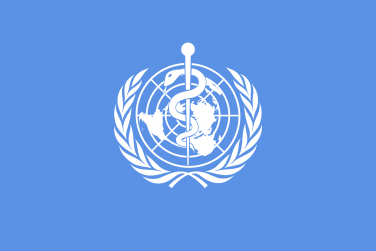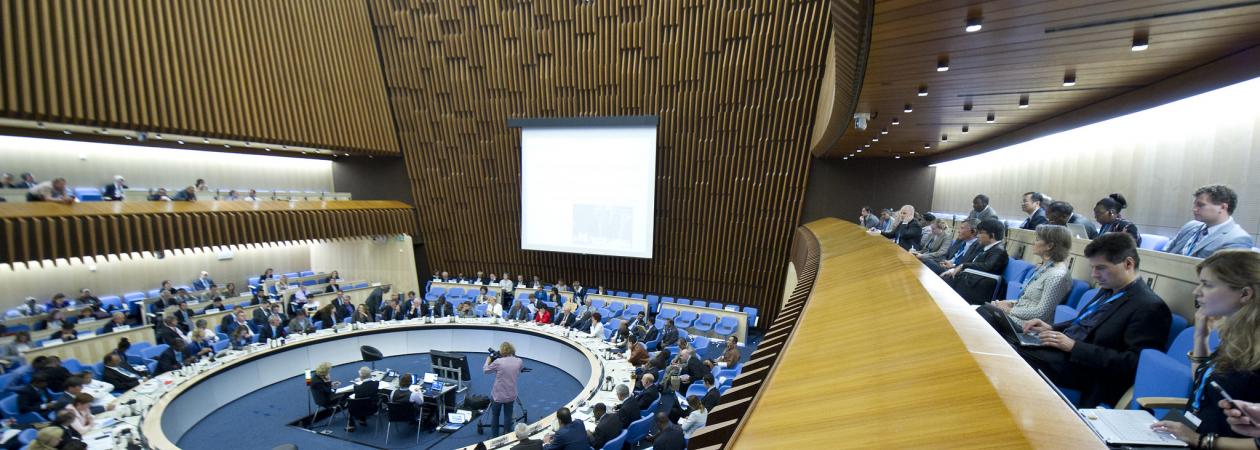The World Health Organization is launching its OSPO
The World Health Organization is launching its OSPO

The World Health Organization is launching its Open Source Program Office, the first under the United Nations.
The World Health Organization (WHO), founded in 1948, defines itself as the “UN Agency that connects nations, partners and people to promote health, keep the world safe and serve the vulnerable – so that everyone, everywhere places can achieve the highest level of health". It is a very complex organization, with offices all over the world that coordinate efforts to make the world healthier.
The importance and influence of technology is transversal, in the health sector especially evident in data management, AI and the use of many software in health systems. In recent years, the WHO has been strengthening its inner source development processes (using good open source practices to promote and develop an open source culture within the organization), more recently, with the creation of an OSPO (Open Source Program Office) , which was supported by GitHub and TODO Group.
OSPO's main objective is to build capacity within an organization so that everyone can use and develop open source solutions. Many organizations establish OSPO to define strategies, processes and policies, or to improve efficiency and commitment to open source.
With the constitution of this OSPO, WHO expects that opportunities in open source software jobs will increase, particularly in countries where UN agencies are the largest technology employer. It can be a vehicle for creating new Digital Public Goods and strengthening existing ones, which can reduce duplication of effort in humanitarian crises and maximize funding. Also, contribute to the Organization's transparency and promote collaboration, insofar as the use and development of open source software enhances these changes.
“People across the globe, in the health sector and beyond, work tirelessly to better understand and address public health needs but face barriers that limit the impact of their work. The WHO OSPO, through the Pandemic and Epidemic Hub in Berlin, aims to promote collaboration and empower decision makers, public health professionals, and civil society to make informed public health decisions”
Ayman Badr, Digital Programme Manager of the WHO
In Portugal, ESOP has been working with several national entities with a view to creating OSPOs in their respective organizations.

(images available on flickr.com)